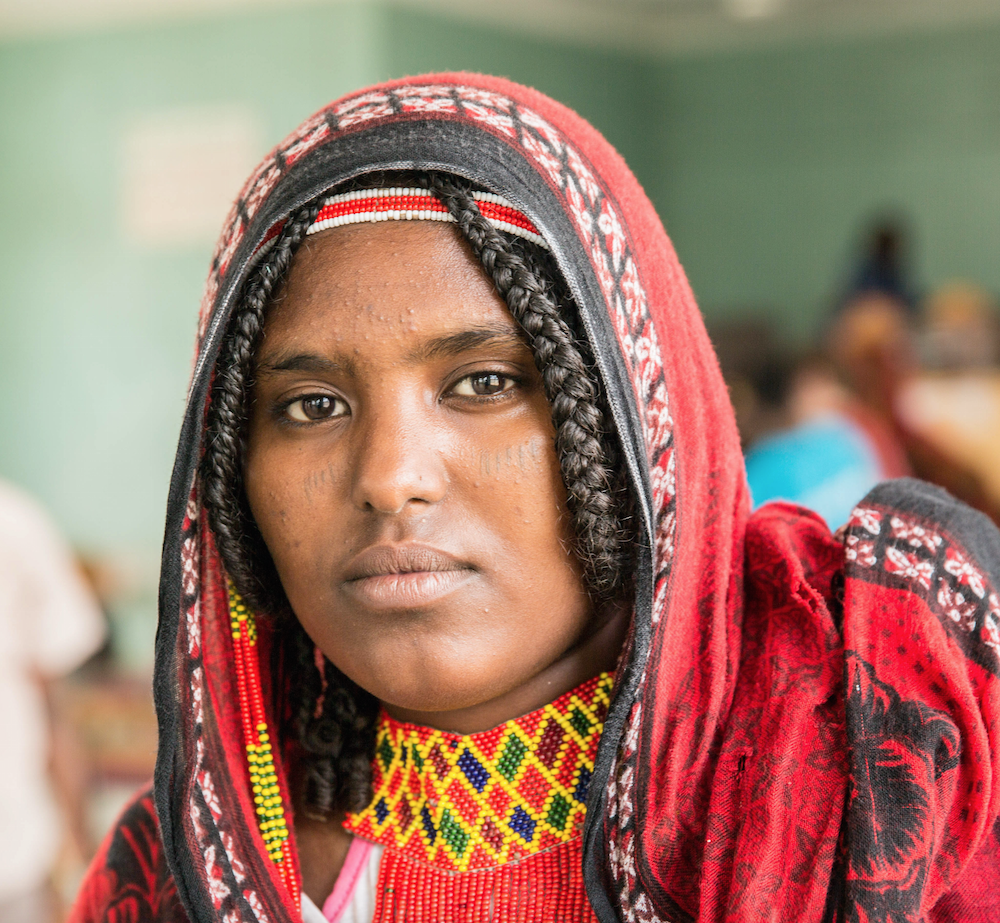Fondation Espoir hires four gynaecologists to care for girls and women subjected to FGM/C in Ethiopia
-
Themenbereich
Health and Research -
Schwerpunkt
Entwicklungshilfe -
Region
-
Stiftung
Fondation Espoir - ABGESCHLOSSEN

· A €5m programme exclusively financed by Fondation Espoir to reinforce prevention of and care for girls and women affected by FGM/C in regions where access to and availability of medical care are limited
· This programme was designed in coordination with UNICEF to support the Ethiopian Government’s goal of eradicating FGM/C by 2025
Fondation Espoir, a philanthropic foundation under the aegis of the Fondation de Luxembourg, is delighted to announce that it will fund the recruitment of four gynaecologists to provide care for girls and women subjected tofemale genital mutilation/cutting (FGM/C) in Ethiopia.
This is part of a five-year programme funded by Fondation Espoir designed to accelerate the elimination of FGM/C in Afar and Somali regions of Ethiopia, where the prevalenceis over 90 per cent. The gynaecologists will address the growing number of cases of women and girls seeking help due to the increased understanding that their symptoms can be partially or fully alleviated with the appropriate treatment and as a direct result of the preventative element of the programme.
Despite the substantial increase in the number of nurses and doctors working in Ethiopia, the country still faces acute shortages of health workers. The greatest need is for doctors with a ratio of 1 per 36,158 people; this ratio drops even lower in remote and rural areas such as Afar and Somali, and even more dramatically for specialists such as gynaecologists. The average number of girls and women being treated each month for FGM/C complications is increasing as a result of the successful implementation of social mobilisation initiatives and more open dialogue on the topic. On a monthly basis, two doctors already engaged in the five-year project are covering 4 hospitals and treat approximately 600 women across Afar and Somali regions. This number could nearly triple in the coming months. The four additional gynaecologists will be able to provide a range of procedures to care for women and girls affected, including surgery for gynaecologic complications, managing high risk pregnant mothers and FGM/C counselling.
The Government of Ethiopia has taken strategic and programmatic measures to eliminate FGM/C. Some of the key actions include; endorsement of the National Strategy and Action Plan on Harmful Traditional Practices against Women and Children and communication strategy for social norm change and establishment of the National Alliance to End Child Marriage and FGM/C. The Government has shown a ground-breaking commitment to end FGM/C and child marriage by the year 2025 at the London Girls’ Summit and reinforced by setting a target to reduce the practice to 0.5% in the Growth and Transformation Plan II (GTP II).
Dr Hatse Abreha, one of the gynaecologists of Aysaita Primary Hospital recruited by UNICEF with the support of the Fondation Espoir, said: “The practice started a long time ago and most women in these communities are affected. But now, thanks to the programme which started by Fondation Espoir and UNICEF Ethiopia, health providers and health extension workers are going house to house to discuss, convince and even talk about the legal aspects of FGM/C. Communities are gaining new insights and more and more people know that there are gynaecologists who can support.”
Aysaita Primary Hospital is one of the hospitals in Afar region that was upgraded from a health centre in 2014, providing services for a majority pastoralist population of approximately 100,000. Through Fondation Espoir support, the hospital employed a gynaecologist in May 2016. Following his assignment, the hospital started providing inpatient and outpatient management for FGM/C complications and for different gynaecologic and obstetric cases.
Dr Mariame Sylla, UNICEF Health Specialist in Ethiopia, said, “The presence of gynaecologists has made a huge difference by providing quality of care to victims of FGM/C and raising awareness on the medical consequences of this practice. If we want to accelerate the elimination of the practice of FGM/C in Afar and Somali regions, prevention and care of victims go hand in hand. The number of women seeking help continues to rise, in part due to our outreach work. Thanks to Fondation Espoir, we have been able to meet this need in a record time and many more women will now be able to get the support they desperately need.”
- Ends -
Female genital mutilation: the facts
· FGM/C includes procedures that intentionally alter or cause injury to the female genital organs for non-medical reasons
· More than 200 million girls and women alive today in 30 countries have undergone FGM
· FGM/C is carried out on girls, predominately between infancy and age 15
· FGM/C has no health benefits and can cause severe bleeding, problems urinating, cysts, infections, as well as complications in childbirth and increased risk of newborn deaths
· FGM/C is a violation of human rights of girls and women
Fondation ESPOIR, under the aegis of Fondation de Luxembourg
- Unterstützte Projekte
- Lutte contre la pratique de l’excision féminine

Fatima (© UNICEF Ethiopia)
